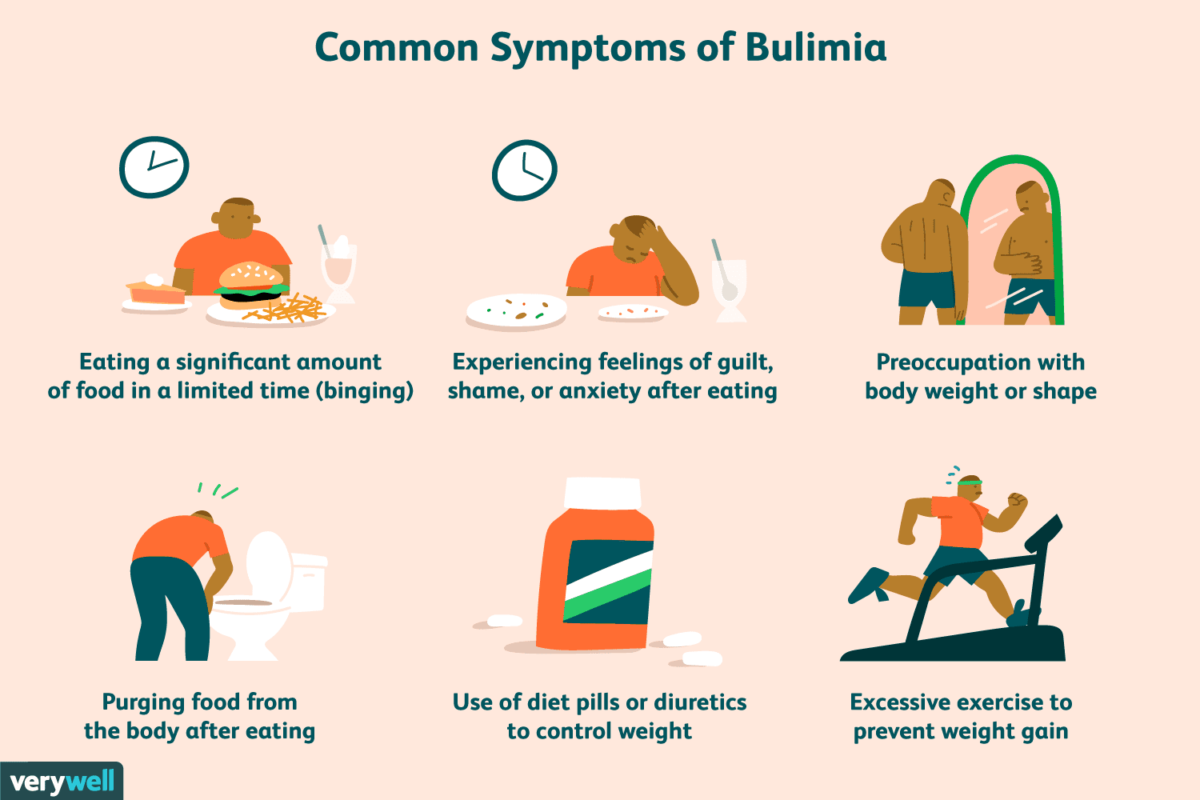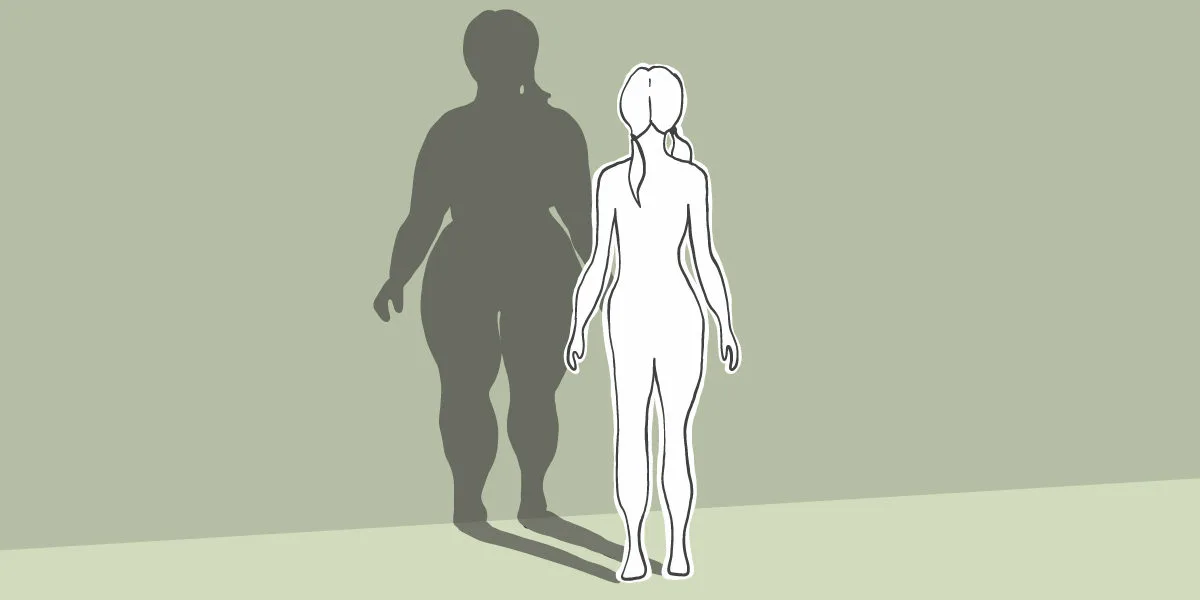“Will others serve from your stomach?” Keanu would always be teased by his siblings whenever he came to the table. However, his mum concerned by her son’s a-meal-a-day routine or in some instances only coming to dinner once in two nights, always heaped his plate and would nod in affirmation as he went for a second and third helping. Keanu was always the last to leave the table, unbeknown to her, he would go to the washroom after dinner and vomit his supper down the toilet, or sneak into the medicine cabinet to help himself to a laxative.
However, it was not until she noticed sores on the knuckles and swelling in the hands and feet, cheeks, and jaw of his son that she became concerned. After consultation with a doctor, his son was diagnosed with Bulimia Nervosa, a severe, potentially life-threatening eating disorder that causes you to eat large amounts of food at one time (binge) and then get rid of it (purge). Upon further examination, it came to light that Keanu was sensitive of his body weight and was always in fear of gaining weight and trying to lose weight in unhealthy ways. Further, the parents were even more taken aback by the stash of foodstuff and snacks hidden in his closet.
Understanding Bulimia Nervosa
Bulimia nervosa, often simply referred to as bulimia, is a serious eating disorder characterized by a cycle of binge eating followed by purging. Despite their behaviors, individuals with bulimia often maintain a normal, healthy weight, which can make the disorder difficult to detect.
The Nature of Bulimia Nervosa
Bulimia nervosa typically develops during adolescence or early adulthood, but it can affect people of all ages. It is a disorder that transcends sex, gender, race, ethnicity, and body type, affecting between 1% and 2% of the population in any given year. Individuals with bulimia frequently judge themselves harshly based on their body shape and weight, often tying their self-esteem closely to their body image.
Signs and Symptoms

The hallmark of bulimia nervosa is the cycle of binge eating followed by purging. People with bulimia consume large amounts of food in a short period and then try to rid their bodies of the excess calories through vomiting, excessive exercise, or the misuse of laxatives and diuretics.
Behavioral and Emotional Symptoms:
– Frequent visits to the bathroom after meals
– Excessive exercising
– Preoccupation with body image
– Intense fear of gaining weight
– Depression, anxiety, or substance abuse
– Feeling out of control, guilty, or shameful about eating
– Withdrawing socially from friends and family
Physical Symptoms:
– Dental issues, such as enamel erosion and tooth sensitivity
– Swollen cheeks or jawline
– Gastrointestinal problems like constipation and acid reflux
– Scars or calluses on the knuckles
– Fainting
– Irregular menstrual periods
– Muscle weakness
– Bloodshot eyes
– Dehydration

Causes and Risk Factors
The exact cause of bulimia nervosa remains unknown, but it is believed to be a combination of genetic predisposition and learned behaviors. If a relative has or had an eating disorder, there is a higher risk of developing one. External factors such as societal pressures, media portrayals of the “ideal” body type, stress, and feelings of loss of control can also contribute to the onset of bulimia.
Complications
Bulimia can prevent the body from getting necessary nutrients, leading to a range of complications:
– Throat and stomach ulcers
– Tooth decay and cavities
– Esophagus inflammation and tears
– Intestinal and stomach damage
– Electrolyte imbalance
– Abnormal heart rhythms and heart failure
– Increased risk of suicide
Diagnosis and Treatment
Diagnosing bulimia nervosa involves a physical examination and a detailed discussion of the individual’s medical history and symptoms. Healthcare providers may ask about eating habits and feelings of control during eating episodes. Laboratory tests such as blood tests, urinalysis, kidney function tests, and electrocardiograms may be conducted to assess the health impacts of bulimia.
Treatment for bulimia nervosa typically includes a combination of psychotherapy, nutritional counseling, medication, and support groups.

Psychotherapy: Cognitive-behavioral therapy (CBT) helps individuals change their thinking and behaviors related to food and weight. It also teaches techniques for responding to difficult situations in healthier ways.
Nutritional Counseling: Working with a registered dietitian, individuals learn healthier eating habits and ways to get back on track with their nutrition.
Medication: Selective serotonin reuptake inhibitors (SSRIs), a type of antidepressant, can reduce binge eating and vomiting frequency. They are also effective at treating anxiety and depression, common co-occurring conditions.
Support Groups: These provide a platform for individuals and their families to share their experiences and support each other.
Prevention and Awareness
Awareness and early intervention are crucial in preventing bulimia nervosa. Educators and parents can help by teaching young people that the body types portrayed by the media are often unrealistic and unhealthy. Addressing underlying conditions such as depression and anxiety can also reduce the risk.
With appropriate treatment, many individuals with bulimia nervosa recover and lead healthy lives. However, some may experience relapses and require additional treatment. If you or someone you know is struggling with their relationship with food and experiencing stress or other serious symptoms, it is important to seek immediate medical attention.
Early treatment and a supportive environment can break unhealthy eating patterns and help individuals achieve lasting recovery.
















